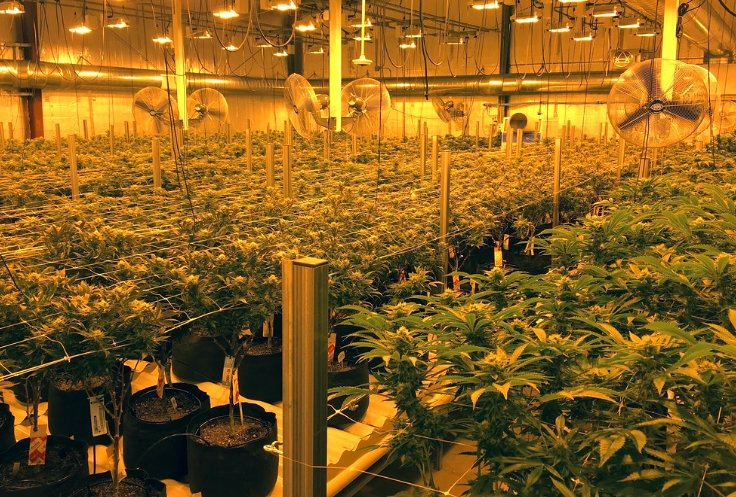The cannabis industry in Oregon is facing a critical challenge as the temporary moratorium on new licenses is set to expire in April. A trade group representing over 500 cannabis businesses is urging the state lawmakers to extend the license freeze indefinitely, or risk destabilizing the market and hurting the existing operators.
Why the license cap is needed
The Cannabis Industry Alliance of Oregon (CIAO) argues that the current number of licenses is more than enough to meet the demand for cannabis products in the state. According to the Oregon Liquor and Cannabis Commission (OLCC), there are over 3,000 active licenses for the production, processing, and retail of adult-use cannabis, as well as hundreds of pending applications.
The CIAO claims that the oversupply of cannabis has driven down the prices and profit margins for the businesses, making it hard for them to survive and compete. The group also points out that the cannabis industry faces unique challenges such as limited access to banking, high taxes, and federal prohibition, which make it difficult for them to obtain financing and operate efficiently.
The CIAO says that the license cap is necessary to protect the existing businesses and ensure a healthy and sustainable cannabis market in Oregon. The group also believes that the license freeze will benefit the consumers, as it will encourage quality and innovation among the cannabis producers and retailers.
How the license freeze came about
Oregon was the fourth state to legalize recreational cannabis in 2014, following the footsteps of Colorado, Washington, and Alaska. Unlike those states, however, Oregon did not impose a limit on the number of licenses it would issue for the cannabis industry. This resulted in a rapid influx of new entrants, who hoped to capitalize on the growing demand for cannabis products.

However, the supply soon outstripped the demand, as Oregon has a relatively small population of about 4.2 million people, and faces competition from neighboring states such as California and Washington, where cannabis is also legal. The glut of cannabis led to a sharp decline in the wholesale and retail prices, which dropped by more than 50% between 2016 and 2018.
In response to the oversupply crisis, the OLCC decided to temporarily halt the issuance of new licenses in June 2018, in order to clear the backlog of applications and review the market conditions. The moratorium was initially supposed to last for six months, but it was extended several times by the state legislature, with the latest extension lasting until April 2021.
What the lawmakers will do
The CIAO hopes that the state lawmakers will address the issue during the short legislative session, which runs from February 5 to March 10. The group has proposed a bill that would make the license freeze permanent, or at least extend it for another two years. The bill would also allow the OLCC to revoke or suspend the licenses of the businesses that fail to comply with the tax and regulatory requirements.
However, the bill faces opposition from some lawmakers and industry stakeholders, who argue that the license cap is unfair and anti-competitive. They contend that the license freeze prevents new and diverse entrepreneurs from entering the market, and limits the consumer choice and access to cannabis products. They also claim that the license cap is unnecessary, as the market will eventually reach an equilibrium through natural selection and consolidation.
The OLCC has also expressed its reluctance to continue the license freeze, as it says it does not have the legal authority to do so without the legislative approval. The agency has stated that it is ready to resume the licensing process, and that it has improved its efficiency and capacity to handle the applications. The OLCC has also suggested that it may adopt a more stringent and selective criteria for granting the licenses, based on the applicants’ financial viability, compliance history, and social equity goals.
The fate of the Oregon cannabis industry hangs in the balance, as the state lawmakers will decide whether to extend or end the license freeze in the coming weeks. The CIAO and its supporters argue that the license cap is vital for the stability and sustainability of the market, while the opponents say that the license freeze is harmful for the competition and innovation. The OLCC, meanwhile, is preparing to resume the licensing process, unless the legislature intervenes. The outcome of this debate will have a significant impact on the future of the cannabis industry in Oregon, and potentially influence the policies of other states that are considering legalizing cannabis.



